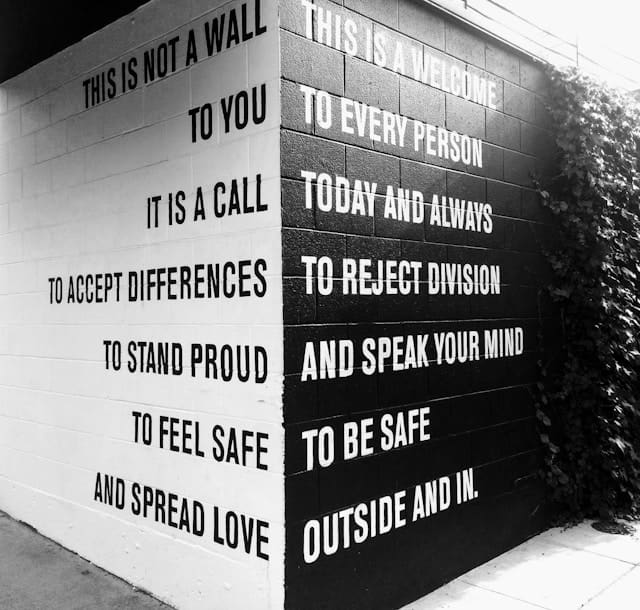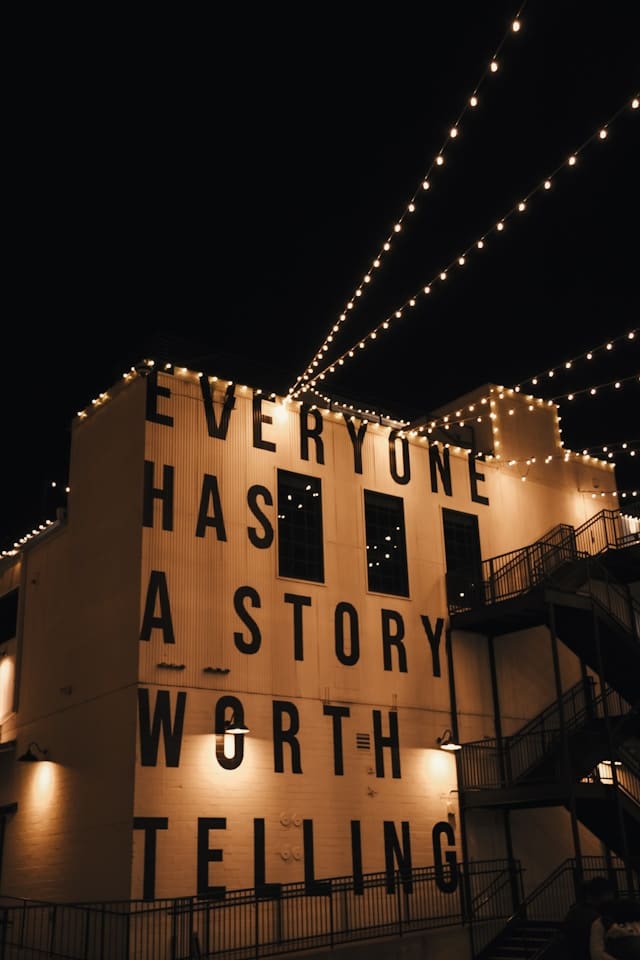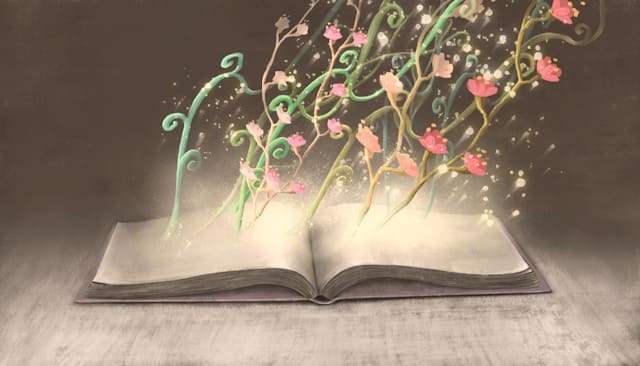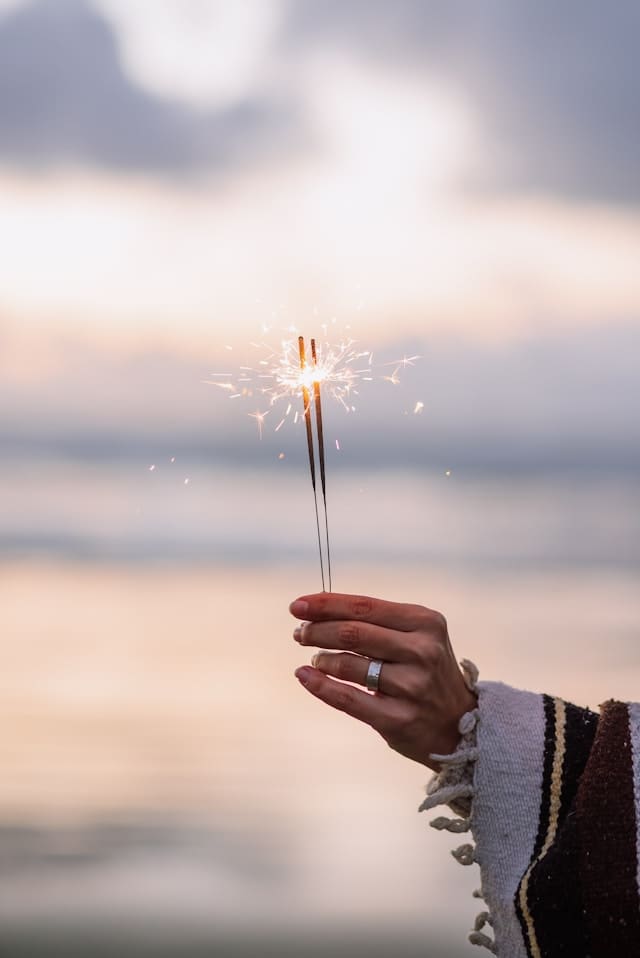Finding Freedom in a Polarized World
By Dr. Femke E. Bakker
Part 1 of the 4-Part Series: Finding Ease in Political Differences
If you’ve been feeling overwhelmed by the state of the world, I hope this series offers some ease.
Over the coming weeks, I’ll be sharing reflections, tools, and meditative practices for navigating political polarization, without abandoning yourself or your values. This is not about changing your beliefs or asking you to tolerate harm. It’s about finding inner steadiness in a time of collective division.
Because selfgentleness also lives in how we respond to the world, especially when that world feels hard.
What Politics Is Really About
If we strip politics down to its essence, we see that it is nothing more than the way we structure society to allow people to live what they consider a good life. The catch? No two people share the exact same definition of what that is. For centuries, philosophers have debated what constitutes “the good life”: is it freedom? Meaning? Pleasure? Security? The reality is, it depends on whom you ask.
And this is precisely why politics becomes so emotionally charged. We are not just debating policies; we are defending our vision of what makes life worth living. We form groups, we align with those who share our values, and we push against those who don’t.
But here’s the paradox: If we truly want to be free to live according to our own values, we must be willing to grant others the same right. And that’s where tolerance, deep, sometimes uncomfortable, but ultimately liberating tolerance, comes in.
Tolerance Is the Oxygen of Democracy
Tolerance, in its political sense, is not about agreeing with others or pretending differences don’t exist. It is the willingness to put up with beliefs, choices, and ways of life that we dislike or even strongly disagree with. Political scientists call it the “oxygen of democracy”. Not because it is easy, but because it is essential. Without it, a democratic society begins to suffocate under the weight of division.
But tolerance is not merely an intellectual exercise. It is deeply emotional. We often believe we are tolerant until we are faced with someone whose views challenge us to our core. Studies show that while many people support the idea of rights for all, they struggle when those rights apply to groups they personally dislike.
This is where the real work begins. And this is where something unexpected, something that seems far removed from politics, can help: meditation.
The Role of Meditation in Political Tolerance
At first glance, meditation and politics might seem unrelated. After all, meditation is often associated with personal peace, while politics is associated with external conflict. But when we look deeper, we see that meditation is a tool for cultivating awareness. Awareness of our thoughts, our emotions, and the ways we instinctively react to those who challenge us.
The historian Yuval Noah Harari, in his book 21 Lessons for the 21st Century, offers a striking insight: his most important lesson for navigating today’s world is to meditate. He explains that meditation allows us to observe our minds directly, helping us see that much of our suffering comes not from external events, but from the patterns of thought we attach to them. If we can observe these patterns – rather than being consumed by them – we can start to shift how we engage with the world, including the political world.
One specific form of meditation, Metta or loving-kindness meditation, has been shown to reduce bias and increase feelings of connection, even toward people we struggle with. It doesn’t ask us to agree with others or excuse harmful behavior. It simply invites us to acknowledge a shared humanity – that no matter how different we are, we all seek happiness, safety, and meaning.
The Freedom to Disagree
“Let’s agree to disagree” may sound like a cliché, but it holds profound wisdom. The world is, and always will be, diverse. If we fight against this reality, we only create more suffering, for others, and for ourselves. But if we can begin to practice tolerance, not as a passive resignation, but as an active, conscious choice, we open up the possibility of true freedom.
Because here is the bottom line: if we want the freedom to live life in our way, we must be willing to allow others to do the same. And that begins, always, with ourselves.
An Invitation to Explore
Over the next few weeks, I’ll be sharing more about how to navigate polarization, stay grounded in difficult conversations, and empower yourself to hold your own voice with confidence. Each piece will include reflections, tools, and meditative practices to support you on this path.
If this resonates, I invite you to explore it further. Within my membership, called the Selfgentleness Academy, there is a special track about society. In it, you’ll find my 10-day course, Positive Politics: How to Deal with Political Differences. This course is not about changing your views or convincing others. It’s about finding ease within yourself as you navigate a polarized world. If you’ve been feeling exhausted by division, or simply want to cultivate a different way of engaging, you can learn more here:
Watch the Selfgentleness + Tolerance Series on YouTube
(30-minute meditations + shorts based on my Insight Timer Lives during the 2024 U.S. elections)
Explore my 10-day course: Positive Politic in my membership
A self-paced program on how to deal with political difference—without burning out or losing yourself.
It’s not about changing your views. It’s about changing how you hold them.
Whatever you choose, I hope you give yourself the gift of curiosity. Not for the sake of others, but for your own peace of mind. Because true freedom begins within.
Be selfgentle,
All love, Femke





